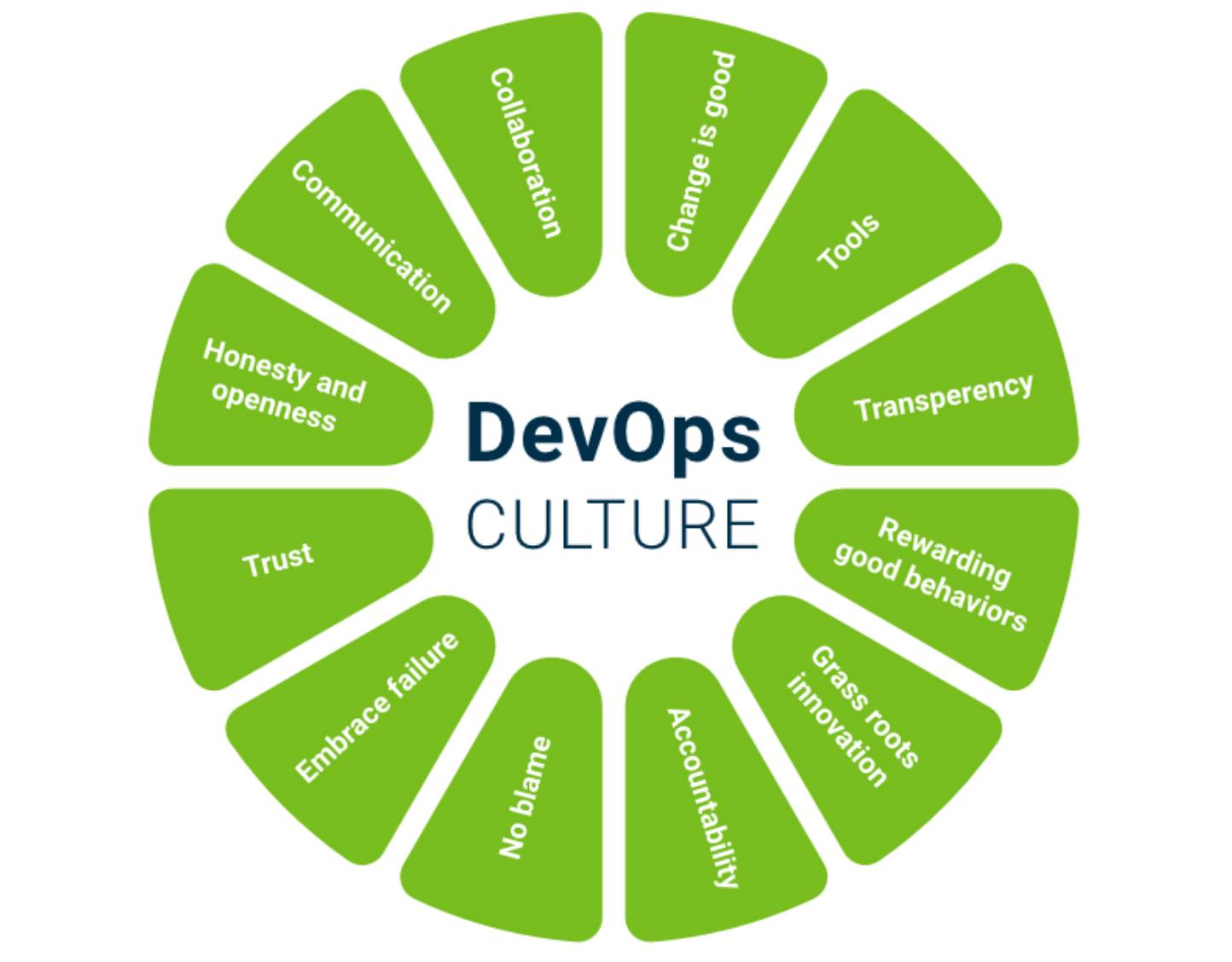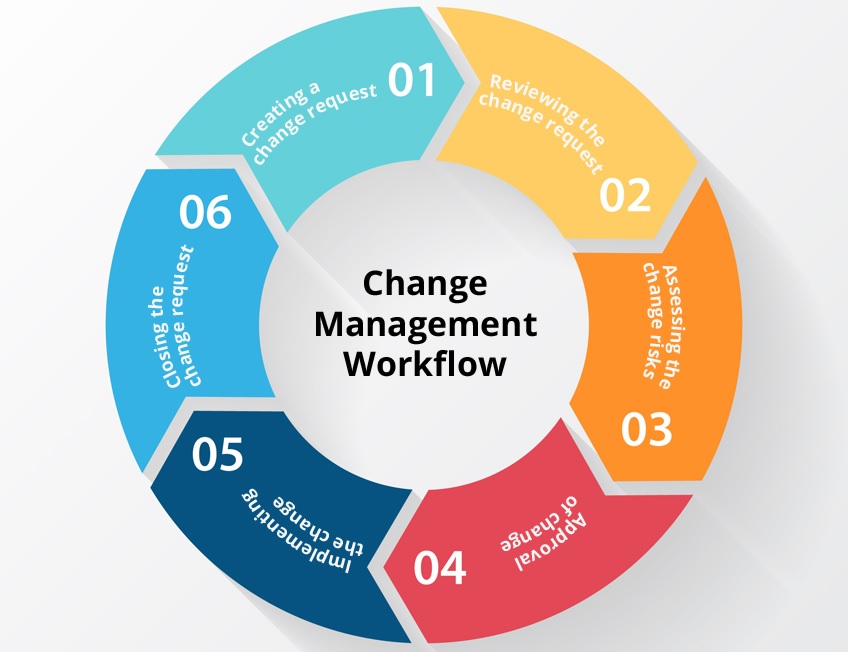Can DevOps be Instrumental for Change Management?
For IT companies looking to streamline productivity and get more, change management plays a significant role. Creating infrastructure and products that stay open to changes is a big plus. Organizations spend a huge sum for change management programs that often turn out to be cumbersome. For most businesses, change management is a priority they deal with super caution.
DevOps, through its inherent principles, may have a way to bring changes more efficiently. The approach is gaining traction by quickening time to market and creating resilient infrastructure. Now, some organizations are using some DevOps methodologies to implement changes to meet market unpredictability.
But is that even possible?
Table of Contents
DevOps Vs. Change management: The Facts
Some people think DevOps is opposed to change management. How can an approach that brings together two departments help in change management?
For organizations that thrive on software, managing changes depends on creating a resilient IT infrastructure and solutions that are highly configurable. DevOps makes apps and even infrastructure super flexible, where you can change a feature or function with a line of code.
You can deploy these codes at will with no restrictions to bring changes in any way you desire. Our next section will make it clear how DevOps change management can work together for better change management.
How DevOps Facilitates Change Management
Change management and DevOps go hand-in-hand. DevOps can empower your business to adapt to changes efficiently guided by its core benefits. Let’s explore how you can use DevOps to make your business flexible and resilient.
Implement Changes Faster
One of the biggest advantages of DevOps is speed. You can pace up your whole development to deployment process and beyond. According to the 2016 State of DevOps Report, high-performing agile organizations –
- Have 2,555-times quicker lead time
- Deploy apps with frequency up to 200 times higher
- Invest 22% less time on unplanned tasks and rework
DevOps technologies like continuous development (CD) and continuous integration (CI) help you implement changes faster. You become more adept at resolving unexpected disruptions, gaining a competitive edge in the market.
Recover Quicker
DevOps can not only help you implement changes faster, but also prepare you to recover faster.
In traditional settings, the dev and ops work separately. The developers play no role in dealing with disruptions. On the other hand, the ops team is not involved in any way in the development process. This creates a gap of knowledge about the actual solution and leads to data silos.
DevOps makes way for improved collaboration where the dev and ops work together to build apps and combat disruptions. The best minds combine to help your business recover faster for keeping operations alive.
According to the State of DevOps Report, elite DevOps organizations recover 24 times faster. Expert DevOps agencies like Alpacked can help you get back on feet in no time to keep earning profit.
Fail Less
Implementing changes is not an easy task. The process is more daunting for large enterprises that depend on countless disparate databases and applications. In fact, 70% of all transformation initiatives end in failures, according to McKinsey and Company.
Interestingly, the DevOps report we cited shows the top performers to have 3-times lower change failure rates.
How is this possible?
DevOps can help you bring change successfully in many ways-
- You can implement changes in increments
- Continuous testing for successful deployments
- Automation to improve accuracy
- Creating a modular structure for infrastructure and applications
- Blurring the dividing line between infrastructure and environment
Fewer Disruptions
Many business don’t implement changes in fear of disrupting operations. It’s a tough choice when you have to decide between bringing changes and dealing with downtime. No business would ever want to lose revenues even for a few hours if they could avoid it totally.
[DevOps] modular nature turns out to be highly useful in this regard. For example, DevOps engineers at Alpacked can use technologies like CI and CD to continuously make changes without disruptions. Your apps or environments keep functioning, and there’s no need to shut down anything.
Services like infrastructure as a code (IaC) even helps you configure your environments without any downtime.
DevOps for Resiliency

[DevOps] change management principles reduce the need to make changes from the beginning. In [DevOps], the developers create apps with the production environment in mind. As a result, they consider what may go wrong after the app starts its working life. The insights help create apps and environments that need fewer changes in the long run.
Even if changes are needed, most of them would be small ones and done easily using [DevOps].
Businesses don’t need to see change as an obstacle anymore. Rather, it can be the way to grow your company and increase profitability.
Whether it’s a new or existing build, [DevOps] engineers can help you prepare for unpredictable events. They can act instrumental in implementing your change management programs, involving your staff and systems and also can help you manage and implement changes quicker, efficiently, and cost-effectively.


